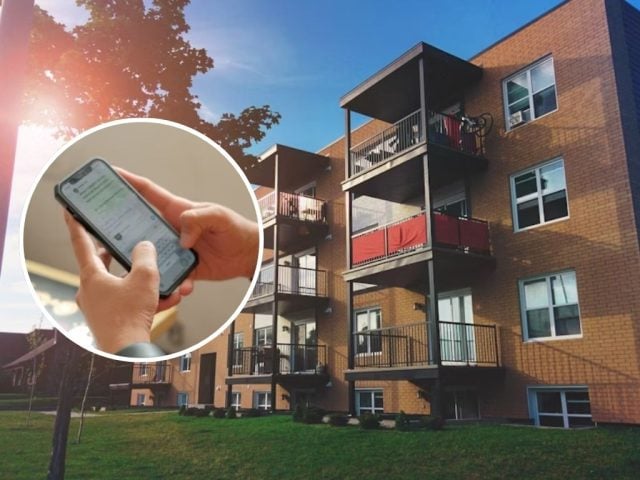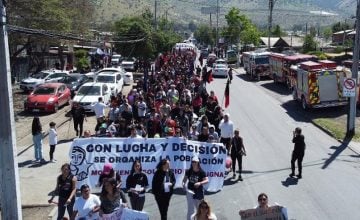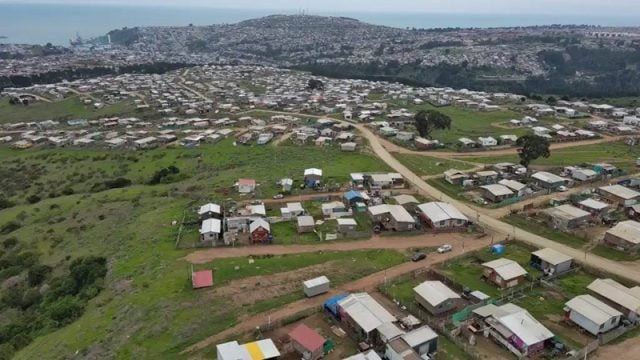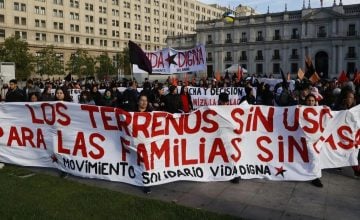Original article: Guía del Minvu pone límites al uso de WhatsApp en condominios tras fallo histórico en Arica
In response to a recent case where the Court of Appeals of Arica upheld a legal protection request from a resident of the «Terrazas del Alto» condominium against the block delegate—who had removed her from the community WhatsApp group labeling her as «conflictive»—the Ministry of Housing and Urban Development (Minvu) has launched the «Guidelines for Communication in My Condominium».
The ruling emphasized that excluding the resident from the condominium WhatsApp group violated her rights by denying her access to information and participation in community decisions. The court noted that, although informal, this channel had become the primary means of internal communication and voting. The justification of her removal as “conflictive” was deemed arbitrary and without legal basis. Furthermore, the decision highlighted that this action infringed upon the principles of equality before the law, due process, and established mechanisms under the Property Ownership Law.
In this context, Minister of Housing Carlos Montes and Executive Secretary for Condominiums at Minvu, Doris González, presented the recommendations guide aimed at improving communications within condominiums.
During the presentation, Minister Montes explained that the guide was developed in response to the controversial case in Arica, cautioning that platforms like WhatsApp are not suitable for making community decisions and should be used solely for information dissemination. He clarified that residents are welcome to maintain messaging groups among themselves, provided they do not serve as official communication channels for the complex.
“What’s interesting about this case is that it reached the Court of Appeals, which sets a significant precedent for reflection. It underscores the need for respect among condominium residents, particularly regarding the use of institutional communication channels,” he observed.
Moreover, Doris González mentioned that the guide outlines appropriate channels for information as well as the correct procedures for decision-making in assemblies and written consultations, which are part of the mechanisms established by the property ownership law applicable to all condominiums across the country. She pointed out that the property ownership law governs not only the condominiums developed through the housing emergency plan by the Ministry of Housing but also those integral to the real estate development of cities nationwide.
González noted that the Arica case has garnered significant media attention, but it is not an isolated incident. She explained that more than half of the inquiries currently received by Minvu relate to property ownership issues, including the roles of management committees and conflict resolution within condominiums. She emphasized that these situations reflect the daily challenges of communal living and highlighted the importance of learning to coexist while respecting rights and responsibilities—a task in which the ministry aims to guide and support.
Additionally, González reiterated that WhatsApp is not an appropriate tool for community decision-making, stating, “What the law actually requires is that we can identify the individuals on the other end. In this respect, assemblies serve that function. Written consultations also help validate who is voting and what they are voting on, ensuring that we do it in the same space, allowing for equal conditions to make agreements that concern the property.”
It’s important to highlight that the Property Ownership Law permits the use of virtual means for participation and decision-making during owners’ meetings, which can be conducted via videoconferencing or similar platforms, as long as participants’ identities are verified, and effective, simultaneous voting is assured in accordance with the established regulations.
The Minvu guide provides recommendations to strengthen coexistence and internal communication: inclusive use of information channels, formal complaint protocols, clear rules for group chats, and responsible moderation. It emphasizes that messaging applications should be used for information purposes only and not for formal decision-making.
With this guide, Minvu aims to enhance coexistence and communication within condominiums, fostering respect, transparency, and co-responsibility among co-owners. The document encourages the use of digital channels as informational tools, rather than decision-making ones, and reinforces the formal instances that guarantee equitable participation in community life.










